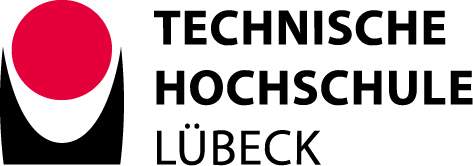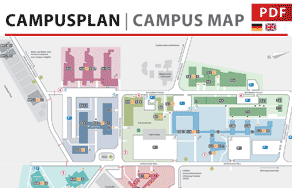SoCoR
Strategies for cooperative spectrum sensing in Cognitive Radio networks
| Duration: | 01.04.2012 - 31.03.2015 |
| Project Leader: | Prof. Dr.-Ing. Horst Hellbrück |
| Staff: | Tahir Akram, M.Sc. |
Motivation
There has always been an increasing demand for data rate for the wireless applications and this will also continue in future. But the available spectrum is fixed and furthermore the latest research shows that we are reaching quite close to the channel capacity of the wireless link. Therefore, researchers are working on alternative ways in order to meet with the increasing demand of data rate. Cognitive Radio is one of the research area which has been under focus in the last decade. An interesting frequency range in this regard is the ISM 2.4 GHz band which is quite crowded. This frequency band is also used for the wireless medical applications that demand high reliability requirements. Therefore new schemes, algorithms and approaches for spectrum awareness and cognition are required to guarantee a more efficient and interference reduced spectrum usage.
Objective
In this research project cooperative spectrum sensing approaches and strategies will be developed to use the spectrum within a distributed topology targeted for medical applications. The goal is to implement a prototype system based on Software Defined Radio to minimize interference and disturbance while improving the spectrum utilization.
Approach
The basic principle of CR Technology is to add intelligence to the radio. The CR can adapt its transmission parameters according to the environment autonomously and use the expensive radio bandwidth more efficiently while avoiding interfering others. The detection of unused frequency band at a particular time is done with the help of spectrum sensing techniques. The major difficulty in accuracy of performance of spectrum sensing techniques is due to the presence of multipath effects, shadowing, receiver noise, and energy consumption. Cooperative Sensing is one of the diversity technique to improve sensing performance of CR. The CRs share their local spectrum occupancy information in order to have a better understanding of the spectrum usage situation. The major challenges in cooperative sensing are;
- how to establish a common control channel among cooperating nodes.
- how to reach at consensus about the spectrum occupancy situation among cooperating nodes.
The cooperative sensing schemes also involve overheads due to control channel. Therefore developing efficient cooperative sensing schemes keeping in view different QoS requirements is still an open research question.
Cognitive Engine (CE) is the brain of the CRs which optimizes the target function having various goals, namely; power consumption, interference, throughput and latency etc. CE tries to achieve this goal with the help of learning from the environment and selects various parameters using a cross layer approach. In this regard, Software Defined Radio is one of the enabling technology to implement the CR on the hardware. Therefore, a prototype system will be developed which implements the CE and the developed cooperative strategies and algorithms.

